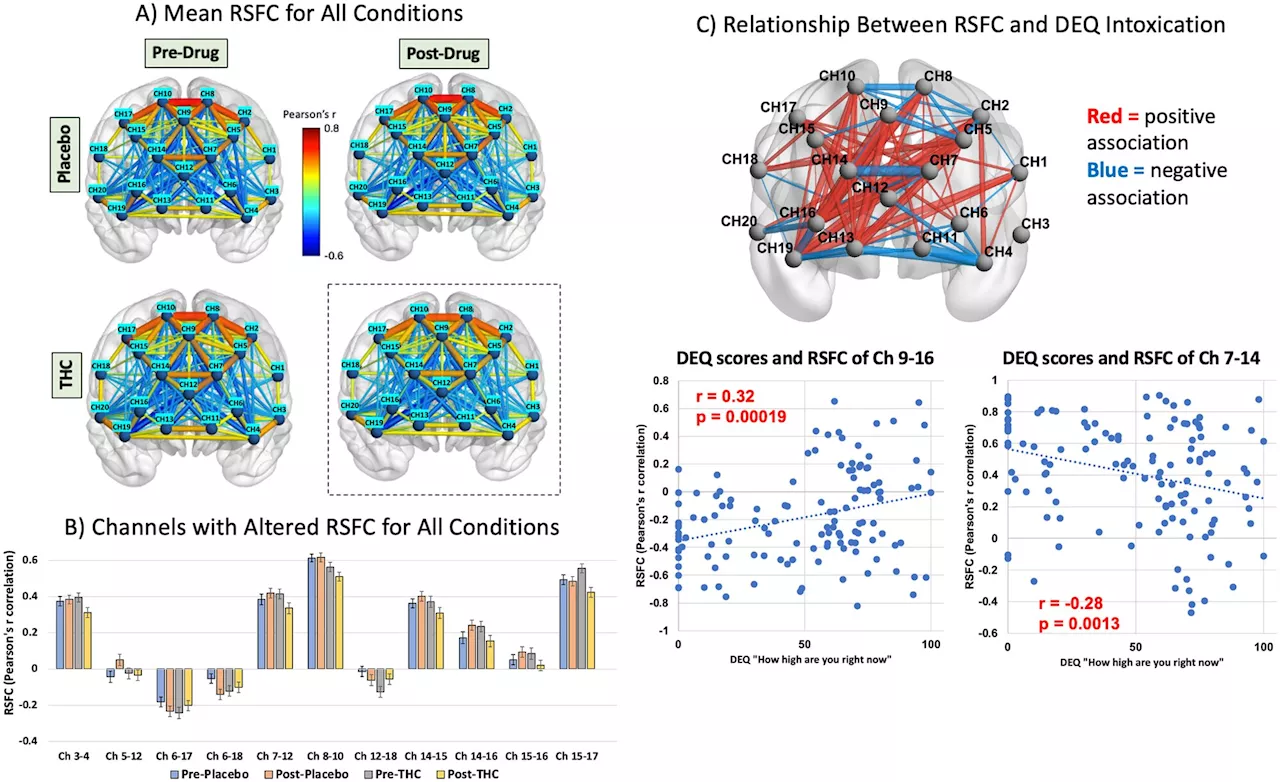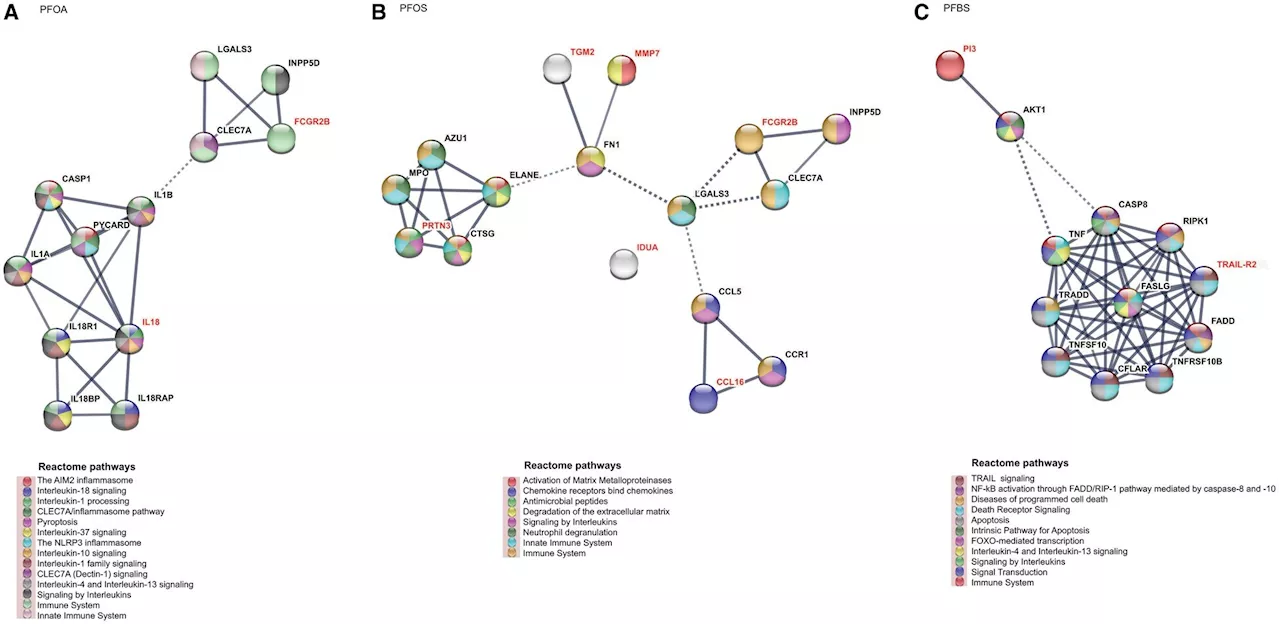There is no significant association between exposure to immunosuppressive therapies and development of incident cancers among patients with inflammatory bowel disease (IBD) and a history of cancer, according to a study published online May 18 in Clinical Gastroenterology and Hepatology.
Study finds no link between exposure to immunosuppressive therapy, cancer in IBD patients retrieved 11 June 2024 from https://medicalxpress.com/news/2024-06-link-exposure-immunosuppressive-therapy-cancer.html
This document is subject to copyright. Apart from any fair dealing for the purpose of private study or research, no part may be reproduced without the written permission. The content is provided for information purposes only.22 hours agoUse this form if you have come across a typo, inaccuracy or would like to send an edit request for the content on this page. For general inquiries, please use ourThank you for taking time to provide your feedback to the editors.
Your feedback is important to us. However, we do not guarantee individual replies due to the high volume of messages.to let the recipient know who sent the email. Neither your address nor the recipient's address will be used for any other purpose. The information you enter will appear in your e-mail message and is not retained by Medical Xpress in any form.Get weekly and/or daily updates delivered to your inbox.
Medicine Research Health Research News Health Research Health Science Medicine Science
United Kingdom Latest News, United Kingdom Headlines
Similar News:You can also read news stories similar to this one that we have collected from other news sources.
 Study may facilitate the development of new personalized treatments for schizophrenia An International Study Publi...An international study led by the Hospital del Mar Medical Research Institute, in collaboration with researchers from the Neuropsychopharmacology Group at the University of the Basque Country (UPV/EHU) and researchers from the CIBER of Mental Health (CIBERSAM), and published in Nature Communications, may facilitate the creation of new personalized...
Study may facilitate the development of new personalized treatments for schizophrenia An International Study Publi...An international study led by the Hospital del Mar Medical Research Institute, in collaboration with researchers from the Neuropsychopharmacology Group at the University of the Basque Country (UPV/EHU) and researchers from the CIBER of Mental Health (CIBERSAM), and published in Nature Communications, may facilitate the creation of new personalized...
Read more »
 Sperm counts may not be declining globally, study suggestsThe widely held view that sperm counts in men are dropping around the world may be wrong, according to a new study by University of Manchester, Queen’s University in Kingston, Canada and Cryos International, Denmark.
Sperm counts may not be declining globally, study suggestsThe widely held view that sperm counts in men are dropping around the world may be wrong, according to a new study by University of Manchester, Queen’s University in Kingston, Canada and Cryos International, Denmark.
Read more »
 Humans may evolve into cyborgs with ‘tweezer-like’ bionic tools for hands, new study suggests...The Next Step in Human Evolution: Embracing Bionics
Humans may evolve into cyborgs with ‘tweezer-like’ bionic tools for hands, new study suggests...The Next Step in Human Evolution: Embracing Bionics
Read more »
 Brain imaging study shows how THC in cannabis disrupts brain activity and may cause cognitive impairmentA new study led by investigators from Massachusetts General Hospital reveals that the main psychoactive component in cannabis or marijuana disrupts the normal connections and activity of the brain's prefrontal cortex, a region that is crucial for decision-making and self-control.
Brain imaging study shows how THC in cannabis disrupts brain activity and may cause cognitive impairmentA new study led by investigators from Massachusetts General Hospital reveals that the main psychoactive component in cannabis or marijuana disrupts the normal connections and activity of the brain's prefrontal cortex, a region that is crucial for decision-making and self-control.
Read more »
 Study reveals how 'forever chemicals' may impact heart health in older womenNew research from the University of Illinois Urbana-Champaign has linked multiple types of per- and polyfluoroalkyl substances (PFAS, also known as 'forever chemicals') with increased risk of cardiovascular diseases in postmenopausal women.
Study reveals how 'forever chemicals' may impact heart health in older womenNew research from the University of Illinois Urbana-Champaign has linked multiple types of per- and polyfluoroalkyl substances (PFAS, also known as 'forever chemicals') with increased risk of cardiovascular diseases in postmenopausal women.
Read more »
 Mass incarceration may worsen gun violence in Black communities, study findsFirearm-related injury remains a significant burden in the U.S. with more than 45,000 people dying from these injuries in 2020. Suicides continue to account for the majority of all gun deaths. The number of homicides due to gun violence decreased between 1990 and 2010, but the last decade has seen an uptick.
Mass incarceration may worsen gun violence in Black communities, study findsFirearm-related injury remains a significant burden in the U.S. with more than 45,000 people dying from these injuries in 2020. Suicides continue to account for the majority of all gun deaths. The number of homicides due to gun violence decreased between 1990 and 2010, but the last decade has seen an uptick.
Read more »
